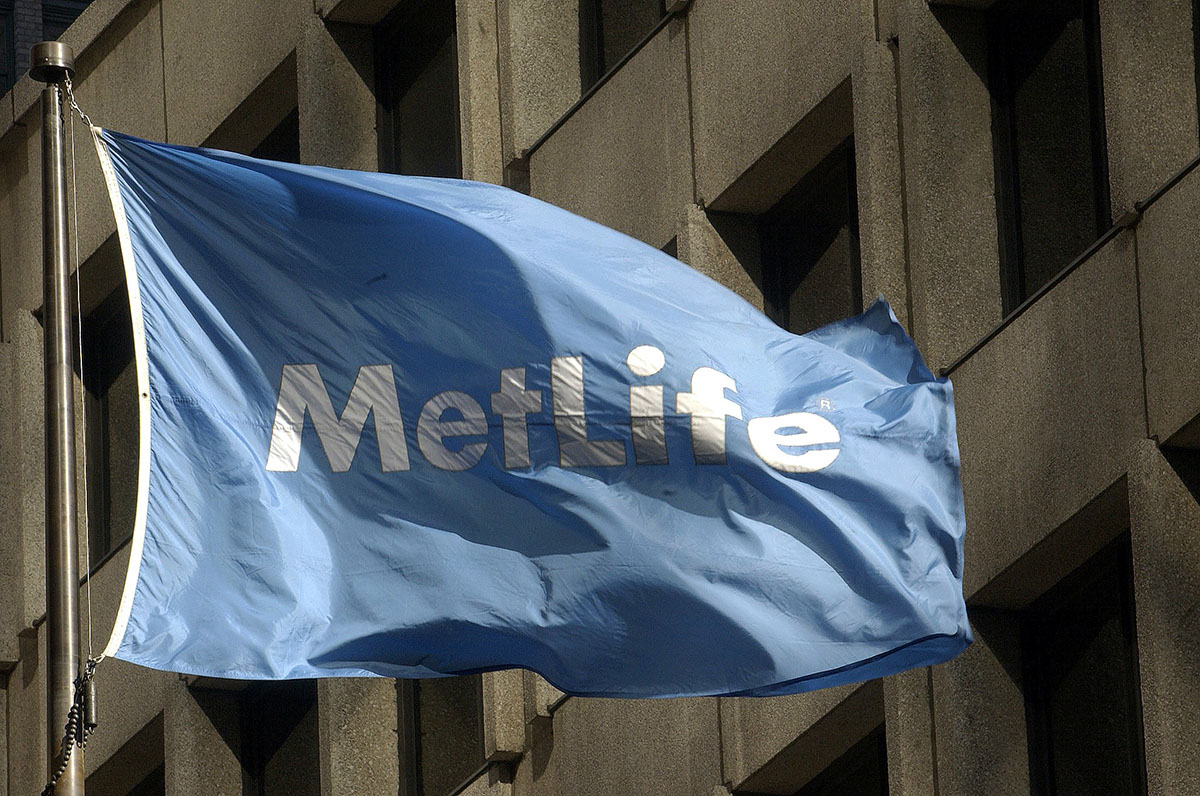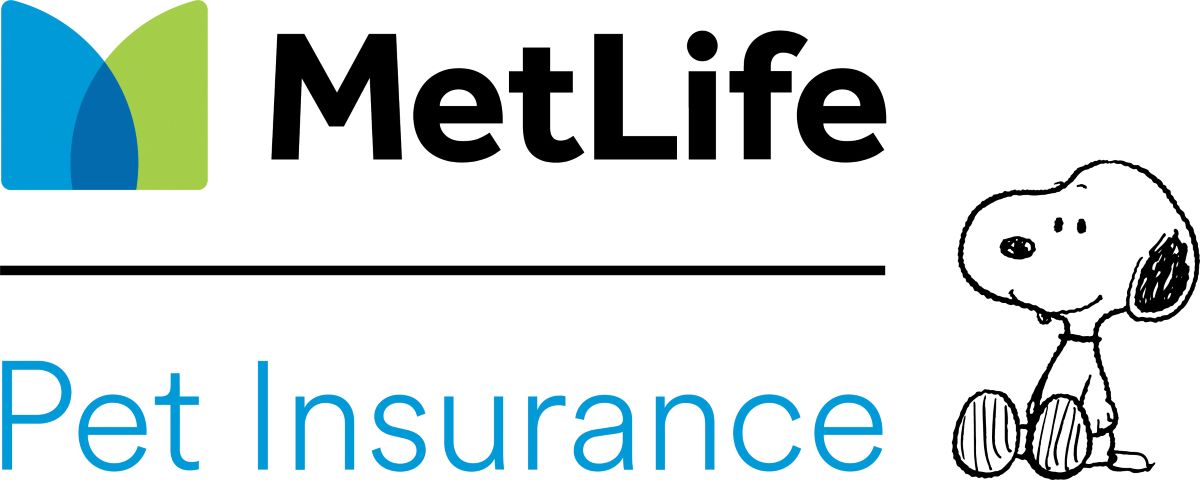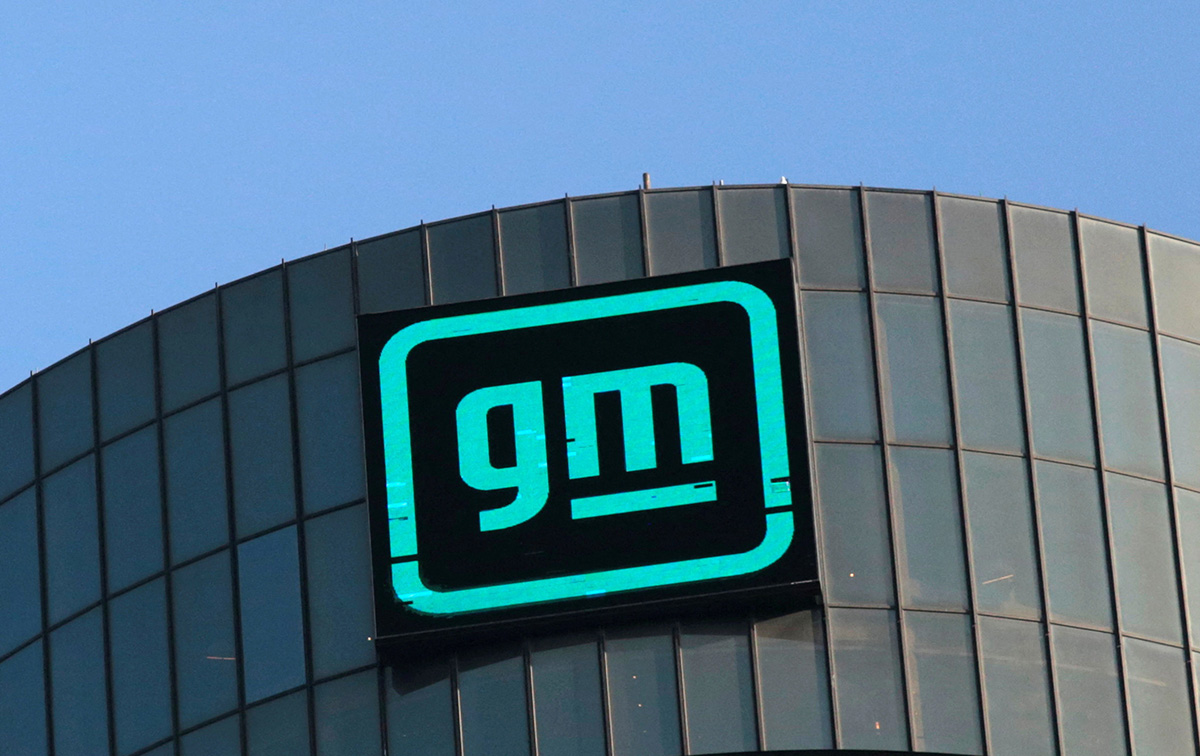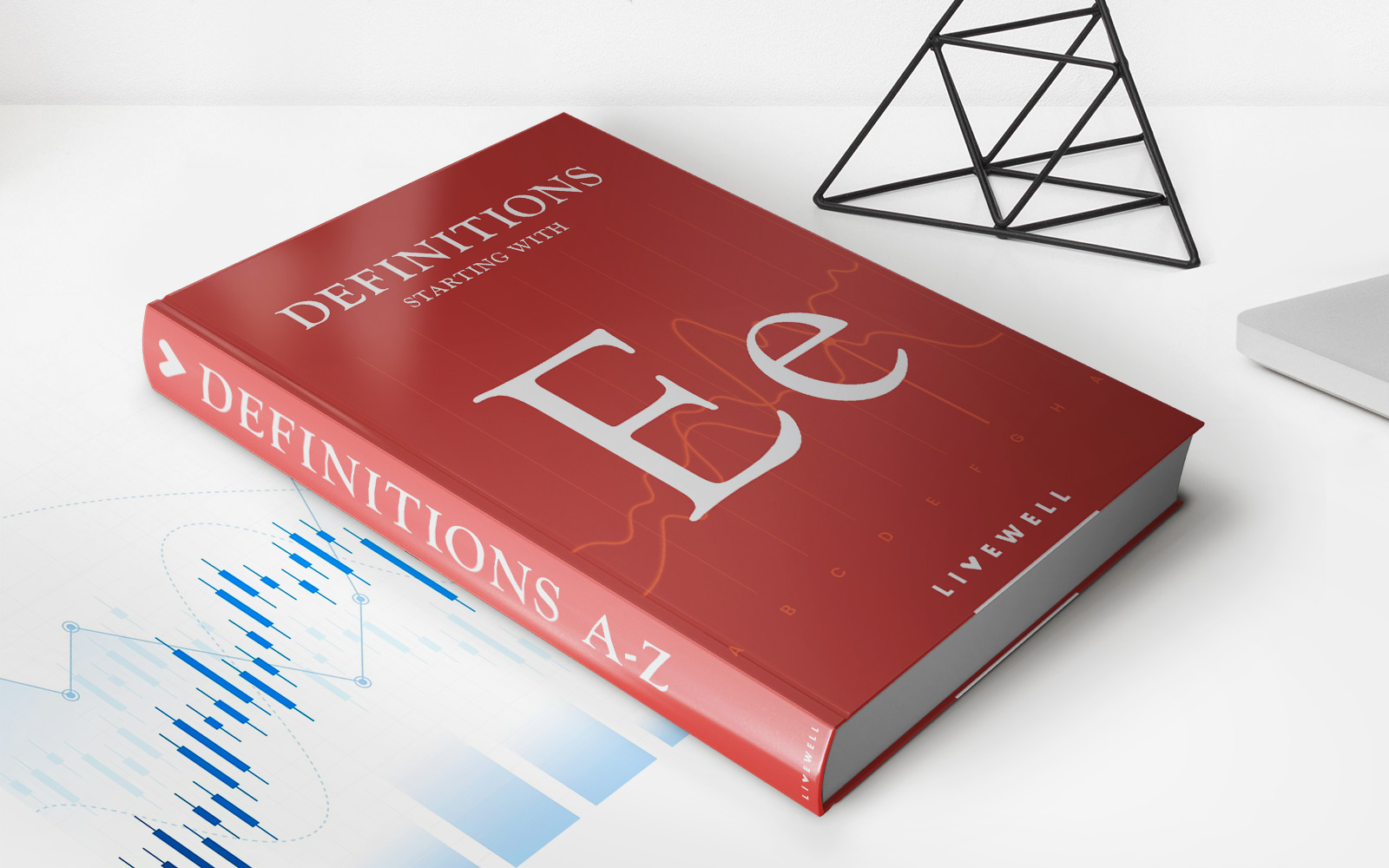Home>Finance>Does Metlife Offer Buyouts When You Win SSDI Case?


Finance
Does Metlife Offer Buyouts When You Win SSDI Case?
Modified: December 30, 2023
Find out if Metlife offers buyouts for individuals who win their SSDI case and learn about the financial implications of this option.
(Many of the links in this article redirect to a specific reviewed product. Your purchase of these products through affiliate links helps to generate commission for LiveWell, at no extra cost. Learn more)
Table of Contents
Introduction
As individuals navigate the challenges of life and unforeseen circumstances, finding financial stability becomes a priority. One way to achieve this is through Social Security Disability Insurance (SSDI) benefits. However, the process of obtaining SSDI benefits can be time-consuming and complex, sometimes resulting in lengthy legal battles.
When individuals win their SSDI case, it brings both relief and hope for a stable financial future. However, some insurance companies, such as MetLife, may offer buyouts to individuals who have won their SSDI cases. These buyouts can provide an immediate lump sum payout to the claimant, in exchange for relinquishing future benefits.
In this article, we will explore the topic of buyouts offered by MetLife to individuals who win their SSDI cases. We will discuss the factors considered by MetLife in offering buyouts, and the pros and cons of accepting such offers. Additionally, we will provide guidance on how to approach MetLife for a buyout offer should you be interested.
While the decision to accept a buyout offer is a personal one that must be carefully considered, understanding the details and implications of such offers is crucial. Let us delve deeper into this topic and shed light on the options available to individuals who have successfully won their SSDI cases.
Understanding SSDI Cases and Buyouts
Before delving into the specifics of MetLife’s buyout policy, it is important to have a clear understanding of SSDI cases and the concept of buyouts. SSDI is a federal program that provides financial support to individuals who have a qualifying disability, preventing them from engaging in substantial gainful activity.
When individuals apply for SSDI benefits, their cases go through a rigorous evaluation process. This process involves reviewing medical records, vocational assessments, and other relevant documentation to determine if the claimant meets the eligibility criteria.
If a claimant is initially denied benefits, they have the right to appeal the decision and present their case before an administrative law judge. Winning an SSDI case typically means that the claimant has successfully proven their disability and is entitled to receive ongoing monthly benefits from the Social Security Administration (SSA).
However, in some cases, insurance companies like MetLife may offer buyouts to individuals who have won their SSDI case. A buyout is a lump sum payment that the insurance company provides as an alternative to ongoing monthly benefits. By accepting a buyout offer, the claimant essentially surrenders their future rights to SSDI benefits.
It is important to note that buyouts are not guaranteed in all SSDI cases, and each insurance company may have its own criteria and policies regarding buyout offers. Understanding these factors and the potential implications is crucial when considering whether to accept a buyout offer.
Now that we have established a foundation for SSDI cases and buyouts, let’s explore how MetLife, one of the prominent insurance providers, approaches buyout offers for individuals who have won their SSDI cases.
MetLife and SSDI Cases
MetLife is a widely recognized insurance company that offers various insurance products, including disability insurance. When it comes to SSDI cases, MetLife is often involved as the insurance provider of long-term disability (LTD) benefits.
MetLife provides LTD coverage to employees through employer-sponsored group disability insurance plans. If an employee becomes disabled and meets the criteria for disability as defined by their policy, they may be eligible to receive LTD benefits. These benefits typically replace a percentage of the employee’s pre-disability income.
In cases where an employee with LTD benefits also qualifies for SSDI benefits, MetLife may offset the LTD benefits by any amount the employee receives from SSDI. This means that the employee’s LTD benefits are reduced by the amount of SSDI benefits they receive.
However, there are instances where an employee who is already receiving LTD benefits may subsequently win their SSDI case. In such situations, MetLife may consider offering a buyout to the claimant, providing an alternative to continuing to pay LTD benefits.
It is essential to note that MetLife’s involvement in SSDI cases may vary depending on the terms and conditions of each individual’s policy. Some policies may have specific provisions regarding buyouts, while others may not. It is crucial to review the policy carefully and consult with a legal or financial professional to fully understand the benefits and options available.
Now that we understand MetLife’s role in SSDI cases, let’s move on to the specifics of their buyout policy.
MetLife’s Buyout Policy
MetLife has a buyout policy in place that allows them to offer lump sum settlements to individuals who have won their SSDI cases. The buyout amount is typically based on the present value of the claimant’s future LTD benefits, taking into consideration factors such as age, life expectancy, and the amount of the monthly benefit.
It is important to note that not all individuals who have won their SSDI cases will receive a buyout offer from MetLife. The decision to offer a buyout is at the discretion of the insurance company, and they consider several factors when making this determination.
Firstly, MetLife assesses the financial risk and cost associated with continuing to pay monthly LTD benefits to the claimant over the anticipated duration of the claimant’s disability. If the potential cost is high, MetLife may be more inclined to offer a buyout as a way to manage their financial liability.
In addition to financial considerations, MetLife also evaluates the claimant’s disability status and prognosis. If the claimant’s medical condition is expected to improve over time or if there is a possibility of the claimant returning to work in the future, MetLife may be less likely to offer a buyout.
Lastly, MetLife may also take into account the claimant’s opinion and willingness to consider a buyout. Some individuals may prefer the peace of mind and financial security provided by ongoing monthly benefit payments, while others may be more interested in a lump sum settlement to address immediate financial needs or pursue alternate investment opportunities.
It is worth noting that the decision to accept or decline a buyout offer from MetLife is a personal one that should be carefully considered. Consulting with a financial advisor or attorney who specializes in disability benefits can provide invaluable guidance in evaluating the long-term financial implications of accepting a buyout.
Now that we understand the factors considered by MetLife in offering buyouts, let’s explore the pros and cons of accepting such an offer.
Factors Considered by MetLife in Offering Buyouts
MetLife evaluates several factors when determining whether to offer a buyout to individuals who have won their SSDI cases. These factors play a crucial role in assessing the financial risk and determining the present value of the claimant’s future LTD benefits. Understanding these factors can shed light on the likelihood of receiving a buyout offer and the potential amount of the settlement.
1. Financial Liability: MetLife considers the potential cost associated with continuing to pay monthly LTD benefits to the claimant over the anticipated duration of the disability. If the total payout is expected to be high, MetLife may be more inclined to offer a lump sum settlement as a cost-saving measure.
2. Medical Condition and Prognosis: MetLife evaluates the claimant’s medical condition and prognosis. If the claimant’s disability is expected to improve or if there is a possibility of returning to work in the future, the likelihood of receiving a buyout offer may be lower.
3. Age and Life Expectancy: The claimant’s age and life expectancy are taken into account when calculating the present value of future benefits. Younger claimants with longer life expectancies may receive higher buyout offers compared to older claimants.
4. Monthly Benefit Amount: The amount of the claimant’s monthly LTD benefit is an essential factor in determining the buyout offer. Higher monthly benefits may result in larger buyout amounts, as there is a greater financial liability for MetLife.
5. Claimant’s Opinion and Willingness: MetLife also considers the claimant’s opinion and willingness to consider a buyout. Some individuals may prefer the stability and security of ongoing monthly benefit payments, while others may be more interested in receiving a lump sum settlement to address immediate financial needs or investment opportunities.
It is crucial to note that while these factors are considered by MetLife, there is no guarantee that a buyout offer will be extended. The decision to offer a buyout is at the discretion of the insurance company, and each case is evaluated based on its unique circumstances.
Consulting with a financial advisor or attorney who specializes in disability benefits can help individuals navigate the complexities of buyout offers and make informed decisions regarding their financial future.
Now that we have explored the factors considered by MetLife, let’s examine the pros and cons of accepting a buyout offer.
Pros and Cons of Accepting a Buyout Offer from MetLife
When faced with a buyout offer from MetLife after winning an SSDI case, it is crucial to carefully evaluate the pros and cons before making a decision. Understanding the potential advantages and disadvantages can help individuals make an informed choice regarding their financial well-being.
Pros of Accepting a Buyout Offer:
- Lump Sum Payment: Accepting a buyout offer provides a lump sum payment, which can be beneficial for individuals who have immediate financial needs, such as paying off debts or covering unexpected expenses.
- Investment Opportunities: With a lump sum payment, individuals have the opportunity to invest the funds and potentially earn a higher return compared to monthly benefit payments over time.
- Flexibility and Control: By accepting a buyout, individuals have more control over how they use the funds, whether it’s for education, starting a business, or other personal financial goals.
Cons of Accepting a Buyout Offer:
- Loss of Monthly Benefits: Once a buyout is accepted, individuals forfeit their rights to ongoing monthly LTD benefits. This loss of a steady income stream may pose a financial risk, especially if the individual has long-term or permanent disabilities.
- Long-Term Financial Consequences: Depending on the individual’s financial situation, the lump sum payment from the buyout may not offer the same level of financial security as monthly benefit payments, which provide a consistent income stream over time.
- Potential Investment Challenges: Investing a lump sum payment comes with its own set of risks. Individuals must carefully consider their investment choices and seek professional advice to ensure they can generate sustainable returns over the long term.
It is crucial to consider your specific circumstances, financial goals, and risk tolerance before deciding whether to accept a buyout offer from MetLife. Consulting with a financial advisor or disability benefits specialist can provide valuable insight and help you make an informed decision.
Now that we have explored the pros and cons of accepting a buyout offer, let’s discuss the approach to take when considering a buyout from MetLife.
How to Approach MetLife for a Buyout Offer
If you have won your SSDI case and are interested in exploring a buyout offer from MetLife, there are several steps you can take to approach the process:
- Gather Information: Start by reviewing your disability insurance policy and becoming familiar with the terms and conditions regarding buyouts. Understand the factors that MetLife considers when offering buyouts, such as your age, medical condition, and monthly benefit amount.
- Consult Professionals: Seek guidance from a financial advisor or attorney who specializes in disability benefits. They can assess your specific situation and provide informed advice on whether a buyout offer would be in your best interest.
- Engage in Dialogue: Reach out to MetLife’s disability claims department to inquire about their buyout policy. Seek clarification on the process and express your interest in exploring a buyout offer. Prepare a list of questions to ensure you understand the implications and potential benefits of accepting a buyout.
- Provide Supporting Documents: MetLife may require additional documentation to evaluate your eligibility for a buyout offer. This could include medical records, proof of SSDI approval, and any other relevant information requested by the insurance company.
- Evaluate the Offer: If you receive a buyout offer from MetLife, carefully review the terms and compare it to your current financial situation and long-term goals. Consider the potential advantages and disadvantages discussed earlier in this article.
- Seek Professional Review: Consult with your financial advisor or attorney to help you analyze the buyout offer in the context of your overall financial strategy. They can provide insight into the potential impact on your future financial security.
- Make an Informed Decision: After weighing the pros and cons and considering professional advice, make a decision that aligns with your specific circumstances and financial goals. You have the option to accept, negotiate, or decline the buyout offer based on what is most beneficial for your situation.
Remember, the decision to accept a buyout offer from MetLife is a personal one, and it is essential to carefully consider all aspects before making a final decision. Taking the time to gather information, consult professionals, and evaluate the offer can help you make an informed choice that aligns with your financial needs and objectives.
Now, let’s conclude our discussion on MetLife’s buyout policy.
Conclusion
In conclusion, winning your SSDI case can bring relief and hope for a stable financial future. However, for individuals who have won their cases, there may be the option of receiving a buyout offer from MetLife, providing a lump sum payment in exchange for giving up future benefits.
MetLife evaluates various factors when considering buyout offers, including financial liability, medical condition and prognosis, age and life expectancy, monthly benefit amount, and the claimant’s opinion and willingness to consider a buyout. These factors help determine the present value of future benefits and gauge the potential risks involved.
Accepting a buyout offer can have advantages such as receiving a lump sum payment, flexibility and control over funds, and potential investment opportunities. However, there are also disadvantages to consider, such as the loss of monthly benefits, potential long-term financial consequences, and the challenges of investing the lump sum payment wisely.
If you are interested in exploring a buyout offer from MetLife, it is important to gather information, consult professionals, engage in dialogue with MetLife’s disability claims department, and carefully evaluate any offers received. Consider seeking guidance from a financial advisor or attorney who specializes in disability benefits to fully understand the implications and make an informed decision.
Remember, the decision to accept a buyout offer is a personal one that should align with your specific circumstances and financial goals. By thoroughly understanding MetLife’s buyout policy, considering the pros and cons, and seeking professional advice, you can make a decision that best suits your needs and ensures your long-term financial well-being.
We hope this article has provided valuable insights into MetLife’s buyout policy for individuals who have won their SSDI cases. Armed with this knowledge, you can confidently approach the buyout decision-making process and make choices that align with your financial future.














